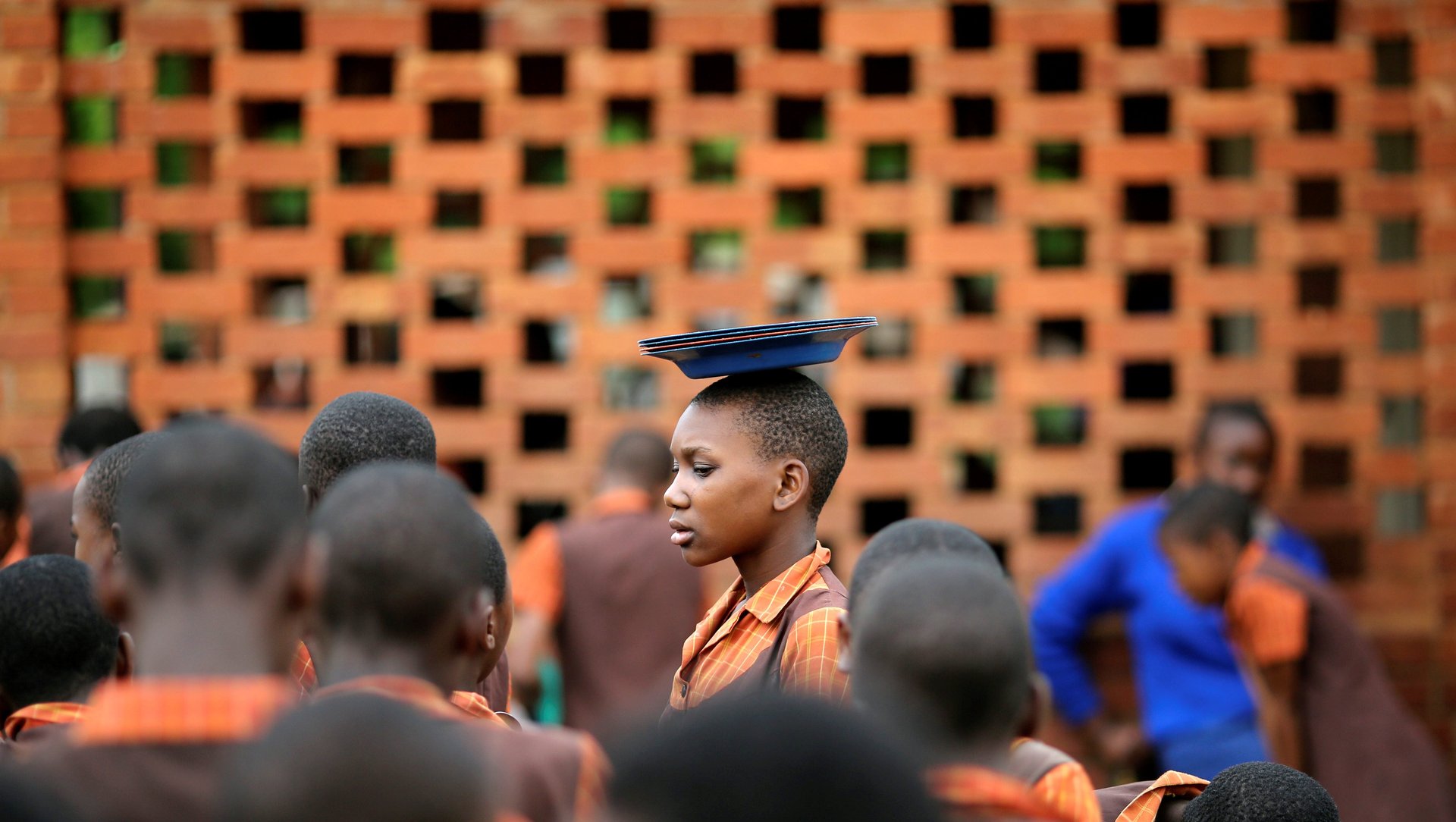These nine charts tell you what’s in store for Africa in 2018
Africa witnessed major changes in 2017, whether at the geopolitical, socio-economic, or digital levels. With global economic recovery strengthening, Africa’s growth outlook will look more stable after a few tough years. And with a young and tech-savvy population, major changes will be afoot when it comes to innovation in 2018.


Africa witnessed major changes in 2017, whether at the geopolitical, socio-economic, or digital levels. With global economic recovery strengthening, Africa’s growth outlook will look more stable after a few tough years. And with a young and tech-savvy population, major changes will be afoot when it comes to innovation in 2018.
These eight charts from 2017 allow you to see some of the issues that are set to face the continent in 2018.
Tougher tests for long-serving autocrats
It seems 2017 was a tough year for African strongmen. In January, The Gambia’s president Yahya Jammeh stepped down after 22 years while Angola’s José Eduardo dos Santos left after 38 years in August. The big news though was Zimbabwe’s president Robert Mugabe, forced out by the military. After Mugabe, all eyes are on presidents like Uganda’s Museveni, 73, who just signed a bill to remove age limits which could keep him in power for life. Cameroon’s Paul Biya, 84, will be running again this year even as the country’s English-speaking region rises up against his government’s repressive actions.
Bet on faster Internet
Internet providers in Africa will look to improve connection speeds on the continent as broadband internet speeds remain below the global minimum standard. They’re also expensive and cost more than the national minimum wage in parts of the continent. Compared to Singapore where it’ll take only 20 minutes, the fastest it would take to download a 7.5-gigabyte HD movie in Africa is nearly two hours. In Gabon, the lowest ranked African country for broadband speed, it’d take nearly two days. But when it comes to mobile some African countries are already doing well. Kenya has faster mobile internet than the average in the United States.
Targeted internet shutdowns
Targeted internet shutdowns took place in nine African countries in 2017, including Ethiopia, Cameroon, Togo, and Somaliland. But while it’s been hard approximating the true cost of these shutdowns, a new method last year finally showed how internet cut-offs were affecting both Africa’s digital and informal economies. This trend of cut-offs is here to stay in 2018, with the DR Congo blocking the internet and SMS services ahead of the protests citing “state security.” Expect more forensic targeting of social media platforms rather than broad internet shutdowns.
Africa’s ticking debt bomb
Since the first sovereign bond was issued in 2006 to African countries, they have been racking up billions of dollars in debt—rising to worrying levels. The spiraling debt levels risk returning African countries to the debt-ridden days of the 1980s. In an exclusive interview with Quartz, IMF chief Christine Lagarde warned that 2018 could be the year that the debt problem finally gets triggered.
Bursting at the seams
Around 1.3 billion people will be added to Africa’s population in 2050, according to the United Nations. Of the 47 least developed countries which will jointly see their population double by 2050, 33 are in Africa. That population spurt also sets African governments and leaders up for a daunting task in the coming years: providing adequate public infrastructure and jobs as well improving national economies.
Africa learning more from China
China is now the top destination for anglophone African students studying abroad overtaking the UK and the US. The number of African students in China has jumped to almost 50,000 in 2015, from less than 2,000 in 2003. For China, which aims to make its universities more internationally competitive, providing education to Africans is also an extension of soft power and a way of influencing Africa’s next generation of elites and academics. Meanwhile, students are also attending Confucius Institutes across Africa which are nurturing young pro-China Mandarin speakers.
Climate change’s impact continues
Climate change in Africa is manifest in rising sea levels, increasing temperatures, and changes in rainfall patterns leading to floods or severe droughts. For instance, Cape Town city in South Africa is facing a crisis over an unprecedented drought and is about to run out of water.
More startup funding, tech hubs
Since 2016, there has been an uptick in start-up investments across Africa, with one estimate putting it at $366.8 million. Increasingly, investors are showing more faith in African start-ups, especially in countries like Nigeria, South Africa, and Kenya. Nigeria attracted more funding than anywhere else across the continent, boosting its tech ecosystem and witnessing the opening of tech hubs by Google, Facebook, and others. Start-ups like payments service firm Flutterwave raised $10 million and Andela, which trains and pairs coders with global companies, raised $40 million.
Africans will travel easier
Traveling with an African passport both in the continent and across the world can be a tough thing. But in 2017, Africans traveled more freely across the continent, with governments pushing for more open borders to encourage intra-regional trade and tourism. Countries including Kenya, Nigeria, and Namibia announced visa on arrival policies for African visitors. With this ease of restrictions, there’s the expectation that more countries will follow suit in 2018.